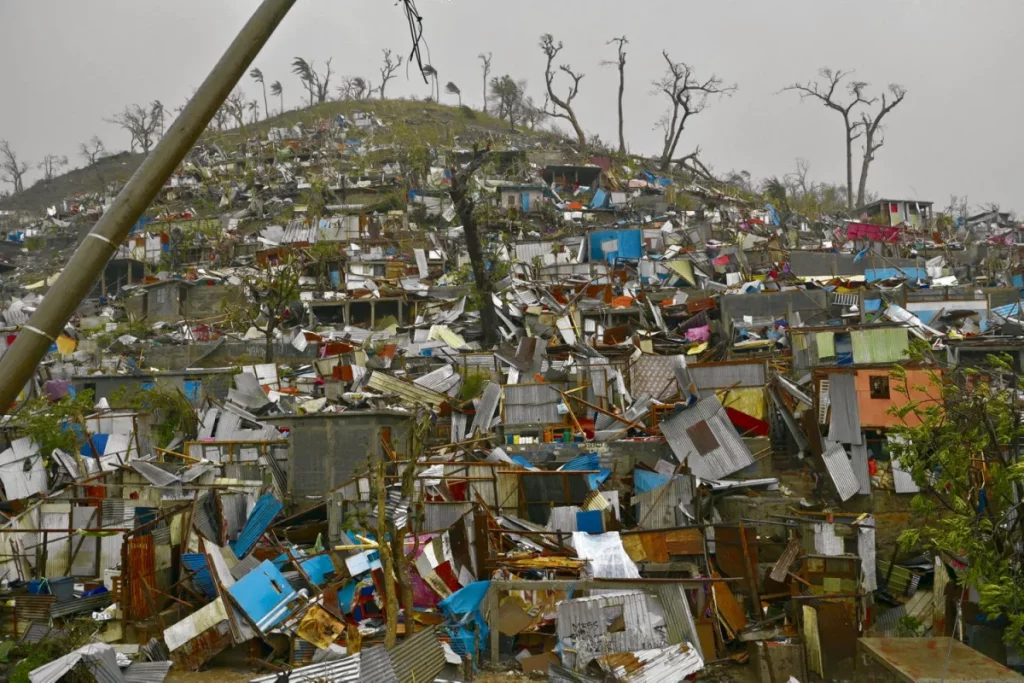As pressure mounts with the fuel queues across the country, the Nigerian National Petroleum Corporation (NNPC) said it is in talks for another oil-backed loan to boost its finances and allow investment in its business.
The NNPC, which the government is the main stakeholder, aims to raise at least $2 billion, two sources familiar with the situation said.
Its debts to gasoline suppliers have doubled in the last four months to hit $6 billion.
Nigeria’s government finances rely on the oil the NNPC exports and oil provides the bulk of crucial foreign exchange reserves.
But pipeline theft, and years of underinvestment, have sapped oil production in recent years, and the cost of gasoline subsidies has further depleted cash reserves.
President Bola Tinubu has been struggling to push through reforms in Africa’s biggest oil exporter – including eliminating fuel subsidies and allowing the naira currency to trade close to market levels – without pushing the country’s population to a cost-of-living breaking point.
NNPC chief Mele Kyari confirmed the company wanted a loan against 30,000-35,000 barrels per day of crude production, but declined to say how much money it sought.
He said the cash raised would be used for all of the NNPC’s business activities, including supporting production growth.
“We have no problem covering our gasoline payments. This is just money for normal business and not a desperate act,” Kyari told Reuters.
“It will be a syndication with critical but regular partners who have been in business with our company to forward the cash,” he said, adding he expected to conclude the deal in the next two months.
NNPC already has a $3.3 billion oil-backed loan through Afreximbank, but five sources said the company’s lack of cash had been aggravated by rising fuel subsidy costs, and that the new loan would help it to pay them.
It is unclear which lender would arrange the loan, as three sources said Afrexim would be unable to extend its exposure to Nigeria that far. All five sources who spoke to Reuters asked not to be named because they were not authorised to speak on the issue.
Some oil trading houses have already stopped participating in NNPC’s tenders for gasoline because the overdue bills have pushed their exposure to Nigeria above the levels their companies allow.
Tinubu announced the removal of costly fuel subsidies shortly after he took office last year, allowing pump prices to triple.
But given the pain of double-digit inflation, NNPC capped average fuel prices at just above 600 naira per litre a year ago – a price that has become further from market levels since the naira fell and global oil prices rose.
Fuel queues began forming last week in Lagos as Abuja petrol marketers stopped selling. Sources said the ex-depot price in Lagos is above 700 naira per litre, meaning stations would lose money if they sold at the capped prices.











